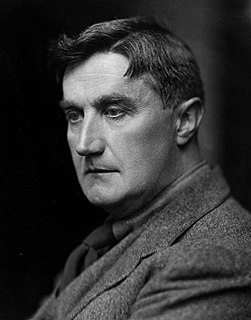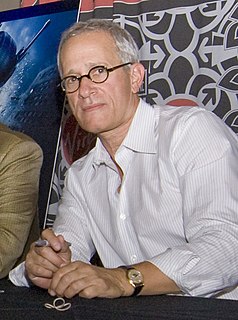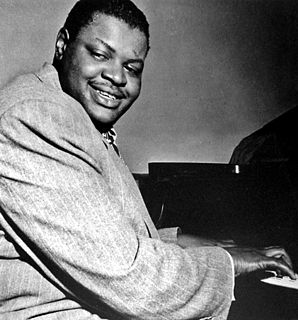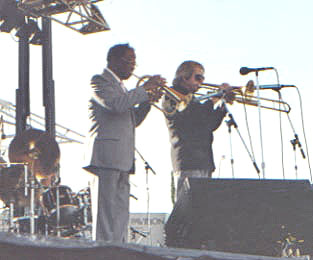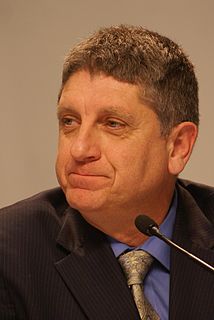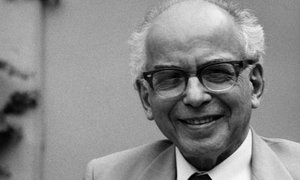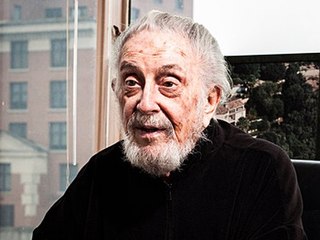A Quote by Ralph Vaughan Williams
A supreme composer can only come out of a musical nation.
Related Quotes
The musical emotion springs precisely from the fact that at each moment the composer withholds or adds more or less than the listener anticipates on the basis of a pattern that he thinks he can guess, but that he is incapable of wholly divining. If the composer withholds more than we anticipate, we experience a delicious falling sensation; we feel we have been torn from a stable point on the musical ladder and thrust into the void. When the composer withholds less, the opposite occurs: he forces us to perform gymnastic exercises more skillful than our own.
Each one of us in Café Tacvba is a composer and we come to the group with songs written out, musically and lyrically. Occasionally, there's a collaboration between us. But each song is almost always written by one of us, and then we all figure out the arrangements. Up until now there hasn't been a moment where the composer explains the song and says, "I want to say this or that." It's always open for interpretation.
You better believe that I want to build a Christian nation, because the only option is a pagan nation. Not that the government can make someone a Christian by decree. A Christian nation would be defined as We acknowledge God in our body politic, in our communities, that the God of the Bible is our God, and, we acknowledge that His law is supreme.
